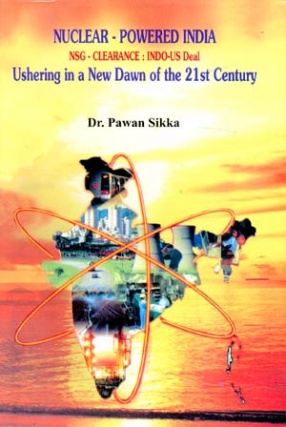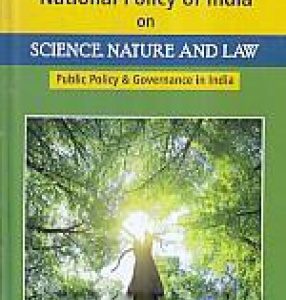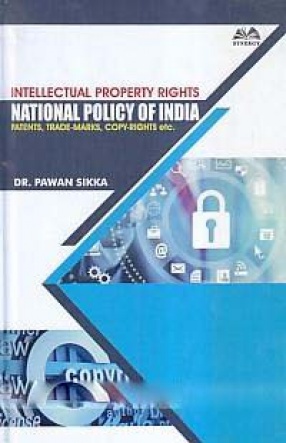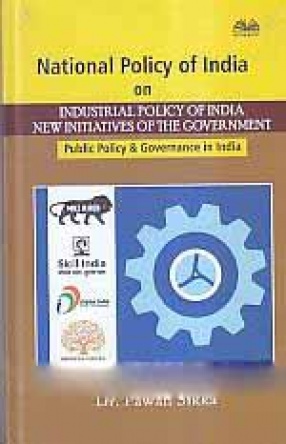The Nehru – Bhabha equation led to the undertaking of atomic energy related programmes in India, as early as in 1948. The vision of Dr. Homi Jehangir Bhabha focused on the crucial role to be played by the use of nuclear energy for eradicating hunger and poverty. The Department of Atomic Energy, Government of India is continuing the implementation of necessary R&D projects as well as manufacturing activities to meet the national policy for credible minimum nuclear tolerance and peaceful purposes.
Indian conducted two peaceful underground nuclear experiments, in 1974 and in 1998, respectively at Pokhran, Rajasthan.
The superpowers in the world have recognized India's strength, i.e. capacities and capabilities built over the sixty years in the field of development of nuclear energy. An Indo-US cooperation pact was initiated on 18th July 2005. And, the Nuclear materials Suppliers Group (NSG) accorded its waiver to India on 6th September 2008. This ended 34 years of India's isolation with the nuclear mainstream and of technology denial regime. India has now been admitted into a hexagon of 21st Century nuclear power. The Indo-US Nuclear Cooperation Pact executed on 10th October 2008 has become on enabling mechanisms for India to interact with global nuclear world.
Recent happenings in the field of nuclear energy development in India, w.r.t. the global impact, has been covered here for the use of science policy planners, researchers, techno entrepreneurs, management personnels etc. A new world of opportunities has been opened for India. It is upto us to go out and make best use of the opportunities. The commercialization of nuclear technologies will open by the private sector new vistas for the very survival of the mankind. India has now entered the nuclear mainstream towards becoming a nuclear powered nation. A growing India will have greater appetite for energy.








There are no reviews yet.